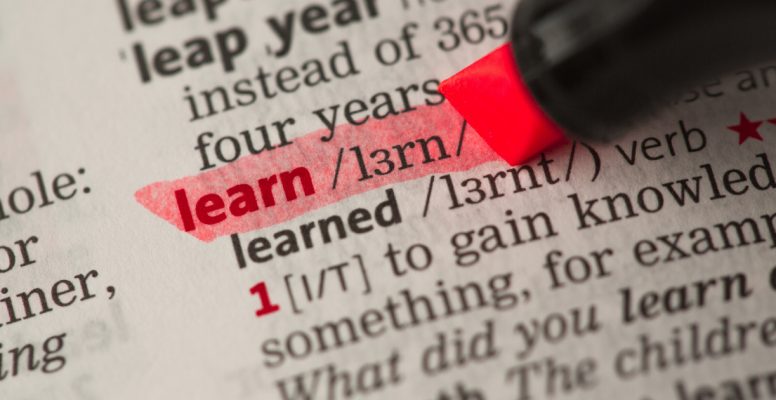
What’s the Word?
Written By: Rey Boone, Clinical Intern at ACS, Outlet Program
why is language important?
Sharp (2015) emphasized the importance of language in the connection of people worldwide and how it ties them to their history and roots; this author also highlights how certain languages are in danger of dying out permanently and the connections being lost forever.
LGBTQ+ language and terminology also hold the same importance within the culture. Queer vocabulary ties people together and roots them to their history. The language of LGBTQ+ culture evolves and follows contemporary pop culture trends and is a way to convey unique meaning and connect people (Killermann,2013). As the years pass, words phase out and are replaced with new ones often reflecting new shared understanding and legal milestones (Kadlec, 2019). For example, the labels “lesbian” and “sodomite” originated in the early 1900’s from describing a person by their intimate behavior, however, only the former of those words is considered politically correct today (Kadlec, 2019). As queer culture changes, new words will be created and others in current usage will become offensive or obsolete.
Historical changes in U. S. society and wider global understanding of LGBTQ+ people has brought about newer ideas and concepts that have been reflected in the language. Some of these additions will be discussed below:
aromantic : /”ay-ro-man-tic”/ – adj. : experiencing little or no romantic attraction to others and/or has a lack of interest in romantic relationships/behavior. Aromanticism exists on a continuum from people who experience no romantic attraction or have any desire for romantic activities, to those who experience low levels, or romantic attraction only under specific conditions.
constellation : noun : a way to describe the arrangement or structure of a polyamorous relationship.
feminine-of-center; masculine-of-center : adj. : a phrase that indicates a range in terms of gender identity and expression for people who present, understand themselves, and/or relate to others in a generally more feminine/masculine way, but don’t necessarily identify as women or men.
skoliosexual : adj.: being primarily sexually, romantically and/or emotionally attracted to some genderqueer, transgender, transsexual, and/or non-binary people (Killermann, 2013).”
The newer LGBTQ+ terminology reflects the emphasis on a diverse queer culture that includes polyamory, gender expansiveness, a romantic and sexual attraction spectrum including having no sexual or romantic attractions, and persons exclusively attracted to non-cisgender persons. Language is an important part of the community that can describe, define, and keep its members connected as history moves forward (Sharp, 2015). Language will continue to be vital to queer culture as it reflects the changes and enlightenment of queer people through time.
References
Kadlec, J. (2019, May 13). A brief history of queer language before queer identity. Literary hub. https://lithub.com/a-brief-history-of-queer-language-before-queer-identity/
Killermann, S. (2013, January). Comprehensive* list of lgbtq+ vocabulary definitions. It’s pronounced metrosexual. https://www.itspronouncedmetrosexual.com/2013/01/a-comprehensive-list-of-lgbtq-term-definitions/
Sharp, L. (2015, January 14). Words connect us: A reflection on why language matters. Recovering voices. https://nmnh.typepad.com/recoveringvoices/2015/01/words-connect-us-a-reflection-on-why-language-matters-.html
